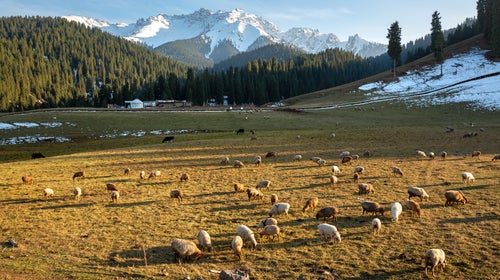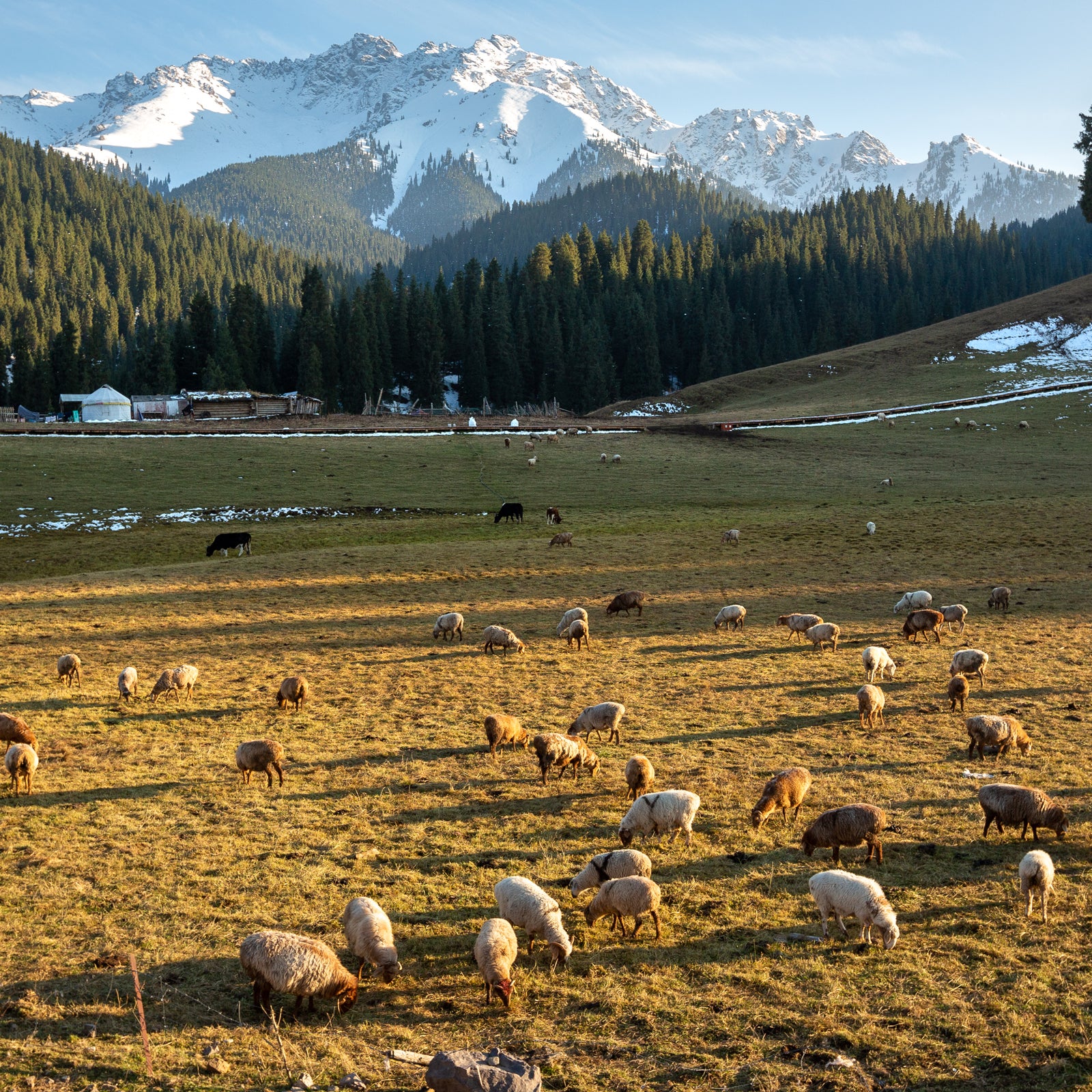“Just trust me” book recommendations are great: you already know that a friend or another��reader with good taste loved it, and it’s best to dive in without knowing a lot of details. I’d guess that translated books have among the highest “just trust me” hit rates. Publishers usually decide to release a work in additional languages only when it’s gotten an amazing response in its original language��or when the author has already gained plenty of praise and fans. These three newly translated titles seem to prove the point. They and their writers are already beloved, and now it’s English-speaking��readers’ turn to get on board. These three books—two novels and one nonfiction travelogue—each take a very different approach to exploring the natural world, but all happen to be as playful as they are philosophical. Bonus points if you can read any in their original Chinese, Spanish, or French—or set it as your aspiration for knocking out those Duolingo sessions.
‘American Delirium,’��by Betina González, translated by Heather Cleary
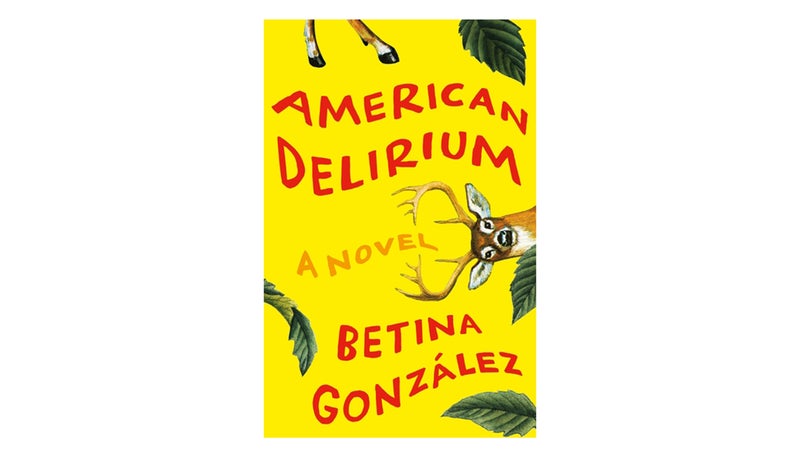
In the middle of Argentine writer Betina González’s , a wry older narrator named Beryl Hope reflects on death: “In that final moment, most people look around and are certain they’ve forgotten something. Hard to put into words. I’d say it’s life itself.” Part of regaining that feeling of a life well lived, to Beryl, would appear to be training fellow senior citizens to hunt down murderous deer.����
Beryl lives in a fictional midwestern city��where killer bucks have been terrorizing the populace��and a lot of people have started dropping out of society and heading to the woods. A��much more complicated story is gradually revealed through three alternating narratives. In addition to Beryl, there’s a taxidermist named Vik, who’s dealing with a home intruder and chronic pain, and a girl named Berenice, whose florist mother has suddenly abandoned her. It turns out that the deer have been consuming a fictional drug called albaria, which comes to play a crucial role in the plot—we learn that people have also been taking it in what may best be described as an attempt at psychological rewilding.��
As loony as it is, American Delirium’s funniest moments are its most commonplace. Protests form after a woman kills a suspicious deer in her garden: “Groups of young people marched in front of the Fish and Wildlife offices with signs demanding the maximum sentence (a fine and two months of community service).” The novel is fast-paced, but González is fastidious in tying together every character and almost-missable detail by the end. It manages to be an ode to taxidermy and botany, a meditation on aging, a tongue-in-cheek look at how we romanticize the wilderness, and, as the title suggests, a reflection on the delusions of modern life.
‘Winter Pasture,’ by Li Juan, translated by Jack Hargreaves and Yan Yan
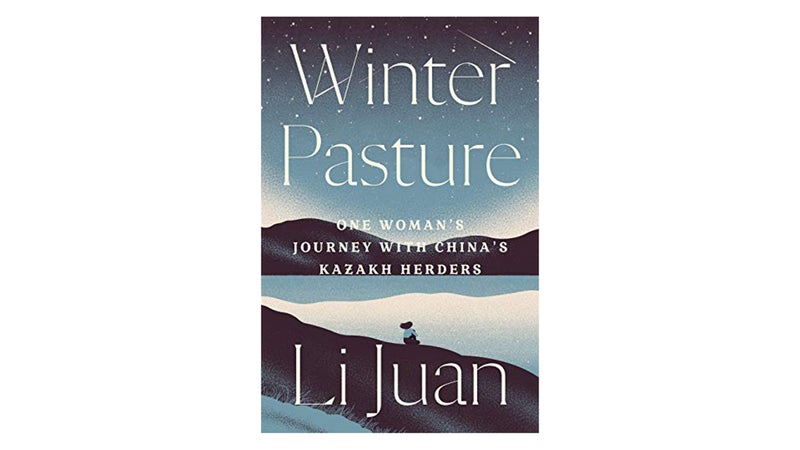
Chinese journalist Li Juan lives in the Xinjiang region of China in the Altay prefecture, a mountainous, arid landscape that shares a border with Mongolia, Russia, and Kazakhstan. Her writing, which has been popular in the country��for years, often focuses on the plains and the lives of nomadic people who reside��there.�� has been out in Chinese��since 2012, but it’s Li’s first book to be released in the United States.��In it, Li recounts months spent traveling with a man named Cuma and his family, who are Kazakh nomadic herders, to their winter grazing lands. Li knows the family because they often pass through the town and owe her family money; if they let her come along, she’ll cancel their debt and help out with the hard work. She gradually learns how to wrangle camels and clean out sheep pens��but generally positions herself as an almost slapstick-level klutz of an outsider. “A herder typically chooses a pair [of boots] two sizes larger than usual to allow room for two extra pairs of socks,” she says, before admitting that she inexplicably chose to pack a pair of boots eight sizes too big. “As a result, I had to wear more socks than anyone had ever worn.” Li tends to swing from witty self-deprecation to solemn wonder at her companions’ know-how and their dramatic, bleak surroundings. “Before the sun emerges, the whole world is a dream, the only real thing is the moon,” she writes of early mornings spent traveling toward the next camp on the way to the pasture. “After the sun emerges, the whole world is real, only the moon fades into a dream.”
There’s subtext to keep in mind. For years, the Chinese government has been persecuting predominantly Muslim minority groups in Xinjiang, including Uighurs and Kazakhs, sending an estimated 1 million people to . Though she was traveling with a Muslim Kazakh family, Li never addresses these dynamics explicitly. But she often mentions that she may be witnessing the last years of this nomadic lifestyle: government officials have put pressure on the herders to stop “overgrazing,” a development��that Li guesses is related to recent grassland restoration policies. She never says as much, but many of those policies aimed at displacing nomadic herding families from their land. Li hints often at disagreeing with the establishment: “Balancing the livestock with the grass had long been a basic principle of pastoralists, their age-old creed,” she writes. Later, she wonders, “Wouldn’t such an abrupt end be traumatizing and disorienting to these people’s souls?” It’s clear that Li holds deep admiration for her travel companions and a helpful awareness of her outsider status. Her travelogue isn’t some astonished, anthropological view of a vanishing way of life; it’s a raucous and thoughtful adventure that she knows she is lucky to have been on.
‘The Ardent Swarm,’ by Yamen Manai, translated by Lara Vergnaud
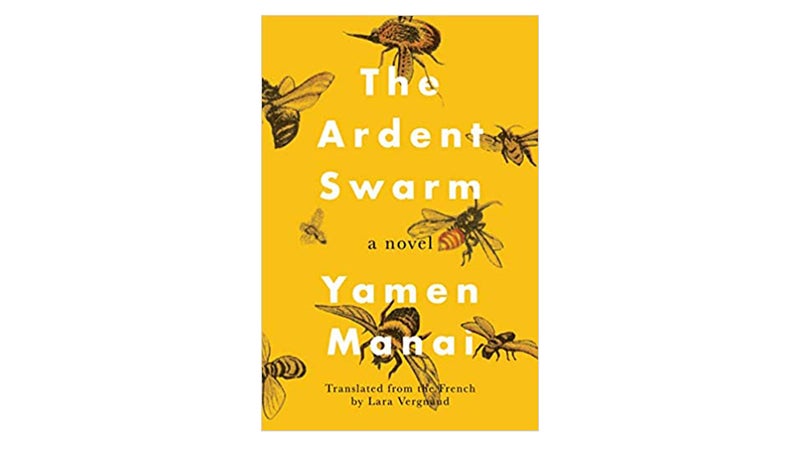
Yamen Manai’s third novel,��and his first to be��translated into English, could stand on its own for its immersive descriptions of animal life. Protagonist Sidi is a beekeeper in the fictional North��African village of Nawa, and it’s clear that Manai spared no effort to depict bees in the most affectionate, lush, and well-researched terms possible. “Villagers often found themselves nose to nose with a forager bee that, after writhing haphazardly among the flower pistils, had ended up swathed in various pollens: apricot yellow, apple-tree white, cherry-tree green, and rosemary pinkbeige,” he writes. One day, Sidi finds that��thousands of his bees have fallen victim to a violent death at the hands (tarsal claws?) of non-native wasps. Around the same time, strangers visit the village, calling themselves the “Party of God” and bribing residents for votes in the country’s first democratic election. Sidi has had more exposure than his neighbors to the corrupting power of money��and soon becomes a vigilante in both political and apiary terms, journeying to a nearby city to find answers about what’s going on with his hives and his village.��
Manai is originally from Tunisia, which is where the first Arab Spring protests started��in late 2010��and was the only country that started a transition to a democratic government afterward. He leans into the obvious parallels between the inner workings of a bee colony and human power struggles��in order to grapple with globalization, colonialism, and the possibilities of collective action. And he pulls it off without making the premise feel contrived, offering deep observations that you’d never know were really about bees. At one point, making a horrified connection between the Party of God and the killer wasps, Sidi thinks,��“Once again, man, in search of land, gave the plague to his fellow man in the folds of his offerings.”
